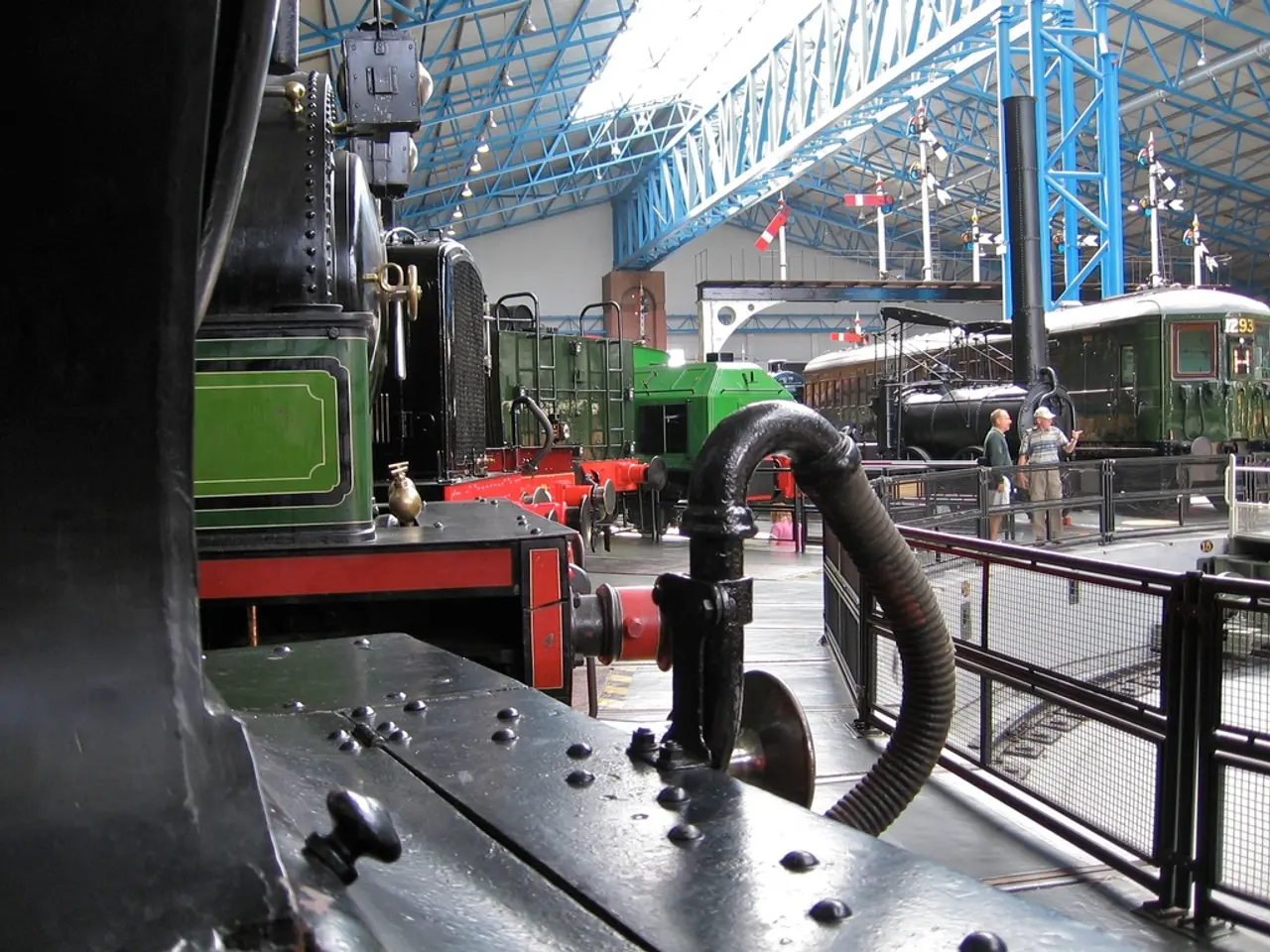PM Backs National Renewal, But Steel's Future Hangs on Clean Tech
The Prime Minister has put his leadership on the line, pushing for national renewal and economic growth, but the future of the steel industry remains a contentious issue. Traditional steelmaking, a significant contributor to global emissions, is under scrutiny as new, cleaner methods emerge.
Meranti Green Steel is leading the charge with a Direct Reduced Iron (DRI) plant in Oman. This plant will produce low-emission Hot Briquetted Iron (HBI), a cleaner alternative to traditional steelmaking. The UK, facing challenges like outdated plants and rising energy costs, could import this low-emission HBI and use it to produce high-value steels domestically, moving away from polluting blast furnaces.
Traditional steelmaking accounts for around eight percent of total global emissions. In Oman, Jindal Steel Duqm is building a plant to produce DRI and HBI using hydrogen-ready Energiron technology supplied by Italian firms Tenova and Danieli. This plant is part of a larger green steel complex in the Duqm Special Economic Zone. Back in the UK, the future of steel is at a crossroads with a new Steel Strategy proposed. British steel faces numerous challenges, including decarbonization by 2050, but a decoupled steelmaking model using direct reduction instead of blast furnace technologies offers a more efficient and commercially viable path forward.
No major investment in modernizing British steel has occurred in two decades, leaving the industry lagging behind global rivals. However, there's hope on the horizon. Rachel Reeves, the Shadow Secretary of State for Business and Industry, has promised a future for British steel at the Labour Party Conference. With the potential for importing low-emission HBI and adopting cleaner steelmaking methods, the UK's steel industry could be on the path to renewal and growth.
Read also:
- Industrial robots in China are being installed at a faster rate than in both the United States and the European Union, as the global market for these robots faces a downturn.
- Galvanize Unveils $1.3 Billion Plan to Fund the Energy Sector's Evolution Pathway
- EAFO Research Uncovers Crucial Elements in Electric Vehicle Adoption within the EU
- Kazakhstan: From Nuclear Test Ground to Disarmament Champion








